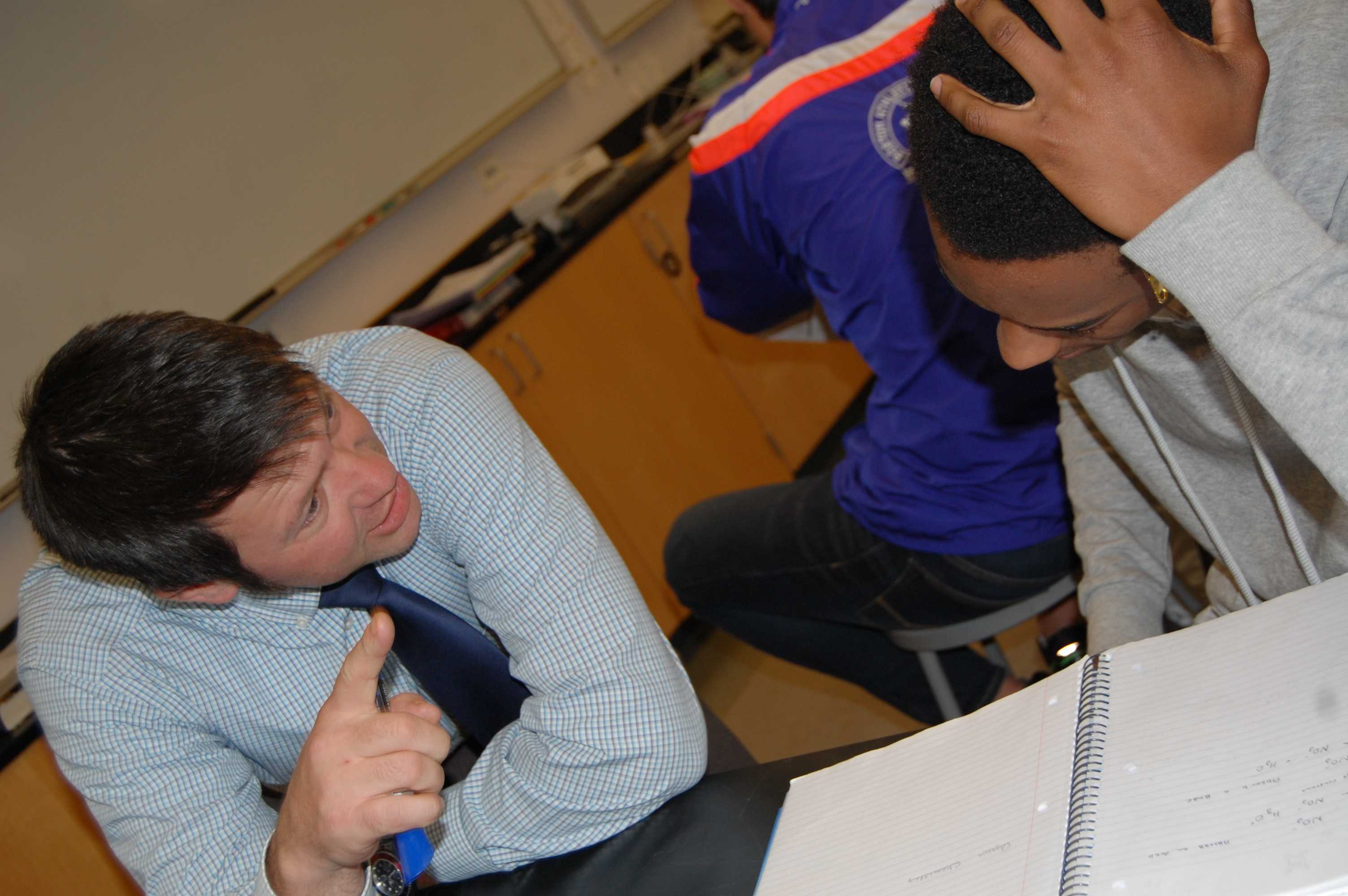While Brimmer continues to add AP classes, the mass media have not shied away from criticizing the College Board, which administers the AP curriculum.
A 2012 Atlantic Magazine article, “AP Classes are a Scam,” offers one glaring example. John Tierney writes, “Before teaching in a high school, I taught for almost 25 years at the college level, and almost every one of those years my responsibilities included some equivalent of an introductory American government course. The high-school AP course didn’t begin to hold a candle to any of my college courses. My colleagues said the same was true in their subjects.”
The 15 AP courses offered at Brimmer this academic year include Microeconomics, Calculus AB, Calculus BC, Statistics, Physics 1, Biology, English Literature and Composition, English Language, Photo, World History, Music, Studio Art, Theory, Spanish, and French. Recently, the administration announced that AP Environmental Science will also be offered in the fall.
Media narrative aside, Brimmer and May Head of School Judith Guild thinks AP courses are a solid fit here. “We do not offer these courses so students can replace courses in college, although it is always best to enroll in courses that challenge students the most,” she says. “Rather, we offer them because the act of meeting a challenge and persevering through difficulty is a significant predictor for college success,” Guild adds, also noting that alumni often report that taking and succeeding in AP classes help them thrive in college.
With few exceptions, most students who take AP offerings here do so in their junior or senior years. Currently, the School enrolls a total of 39 students in the 9th grade, 37 in the 10th grade, 29 in the 11th grade, and 35 in the 12th grade. According to the School’s site, “approximately 60 percent of juniors and seniors take at least one Advanced Placement course; the majority enroll in more than one during either or both years.” Enrollment is likely buffered by the CAP, STEAM and Global Studies programs, which require certain courses to fulfill respective requirements.
Guild also referenced a major 2007 study of the impact of AP courses by the University of Texas at Austin, which suggested that students who take AP classes are more likely to graduate from college within four years—and post higher grade point averages in college than students who do not take AP courses. The same year, the Washington Post reported a separate study, also conducted by the University of Texas, concluding that those “who used their AP credits to take more advanced courses in college had better grades in those courses than similar students who first took college introductory courses instead of AP in 10 subjects.”
Myra McGovern, the vice president for media at the National Association of Independent Schools (NAIS), a membership organization for schools including Brimmer and May, notes that independent schools benefit from being able to determine “how to best meet their mission, and to meet student needs.” This leads to a wide range of views on AP classes, she says.
Recent Brimmer alumnus AJ Naddaff ‘15, who now attends Davidson College in North Carolina, says AP teachers here do an “excellent job” challenging students while not catering solely to the test. “This was manifest in the autonomy I experienced while taking five very different AP courses throughout my time at Brimmer,” Naddaff says. “Above all else, I was pushed to think critically and analytically.”
This year, Brimmer added English Language and Composition to its selection of AP courses. Dr. Donald Reese, who teaches the class, says that covering the required material while making the class “interesting and engaging can, at times, pose competing demands.”
Still, Reese finds tremendous value in the class, citing studies that say those who take it are often better prepared for succeeding in college. He also references the Center for College Readiness, which finds that “AP students performed at comparable, if not superior, levels,” compared to those who took regular instruction in high school for a given subject.

Science teacher Chris Hardman feels strongly that AP Physics, which he offers, “is a really good fit,” and that the School does an admirable job “funneling students who have a good chance of succeeding.”

Moreover, students here appear overwhelmingly pleased with AP offerings. Julie Blazar ’16 takes three AP classes—English, statistics, and French—and says that the added challenge helps her develop critical thinking skills. “If you manage your time well, the amount of work given is challenging but manageable,” she says.
Nate Friedman ’17 enjoys AP Statistics and AP Microeconomics, but notes that to earn a high score on the exam, “[students] have to do a lot of learning on their own, which includes buying and studying from review books.”
A notion prevails that performing well on AP tests improves the likelihood of admittance to top colleges. According to Director of College Counseling Cindy Pendergast, most competitive colleges admit students who have elected the most rigorous academic program offered at a school.
“Because Brimmer and May offers AP courses,” she says, “there is an expectation that to be competitive for admission, students enrolled here should take advantage of this opportunity to further challenge themselves.”
What are your thoughts? Please take our poll below.
[polldaddy poll=9393322]























































